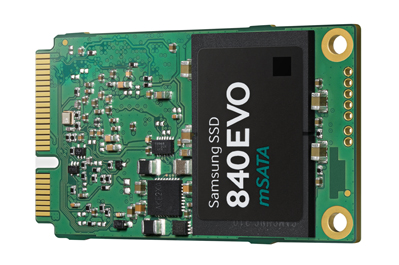The warranty department for Samsung Germany has taken an unusual approach for a customer seeking to return a faulty storage device.
German PC website and forum, Igor’s Lab, reported on the case of a customer with a Samsung 980 Pro SSD (solid state disk) that may have contained some sensitive material.
Unfortunately, the SSD began developing problems and the customer got in touch with the warranty department at Samsung Germany.
![]()
Faulty SSD
The Samsung 980 Pro SSD in question had a 2TB capacity and is pretty expensive, retailing for close to £200.
With a failing SDD on his hands, the customer was keen for a replacement unit and he contacted Samsung’s warranty department, sending them the error filed diagnostic scan from Samsung Magician of the SSD in question.
There seems to have a lengthy discussion between the two parties about the faulty device.
Manufacturers typically require a customer return a faulty device as is, so it can be inspected before any replacement is considered.
But storage media can be different due to data protection laws, and if the unit in question contained sensitive material, this can complicate matters.
Hammer or drill
Samsung reportedly gave its permission for the customer to destroy the drive before sending it back to it, to complete the RMA (return merchandise authorisation) process.
Samsung even reportedly detailed how the customer should destroy the drive, suggesting drilling or hammering the drive to pieces.
But Samsung also asked that videos or pictures to be taken off the smashed or drilled drive to ensure it knows what state the drive was left in, prior to arriving back at Samsung’s factory.
Pictures of Igor’s Lab website suggest the customer in question, rather than using a drill or hammer on the faulty device, opted to use an angle grinder to the destroy the SSD.
It should be noted that even this could still allow for data to remain on the drive.
Indeed, there are data forensic experts that specialise in recovering data from badly damaged storage media.




